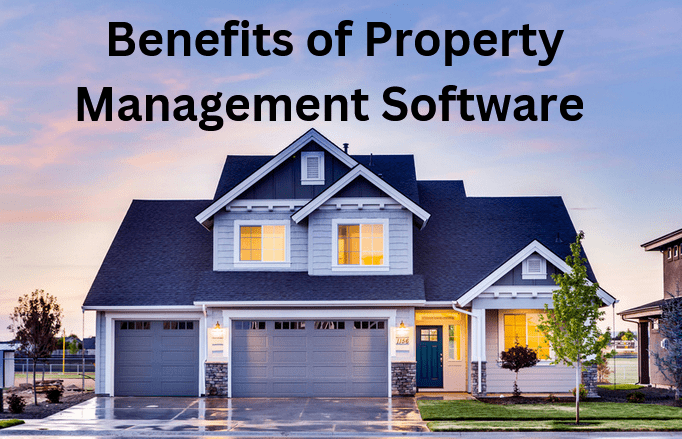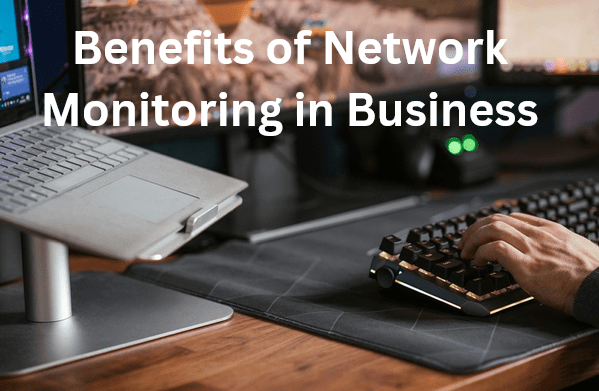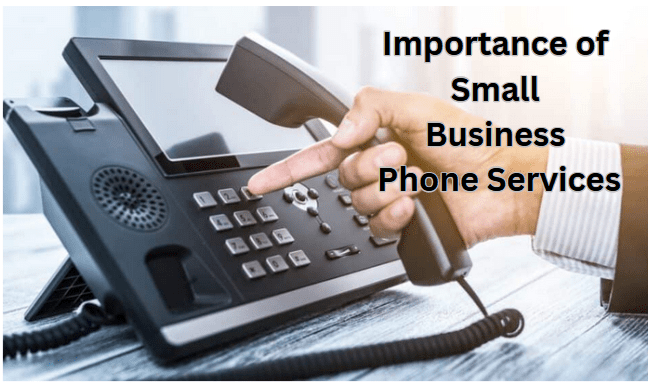In the world of real estate business, managing properties efficiently, effectively and profitably is paramount for success. This article delves into the myriad benefits of property management software, elucidating how it revolutionizes the management landscape for property owners, managers, and tenants alike.
Property managers juggle numerous tasks such as rent collection, maintenance tracking, tenant communication and financial reporting. With the advent of technology, these software has emerged as a game-changer, streamlining operations and enhancing productivity.
12 Benefits of Property Management Software:
From managing centralized data, automated workflows to advanced analytics and mobile accessibility, the benefits of property management software are multifaceted and transformative.
1. Centralized Data Management
Property management software serves as a centralized hub for storing and organizing critical information related to properties, tenants, leases, and maintenance schedules. This centralized repository eliminates the need for disparate spreadsheets or manual record-keeping systems, ensuring data integrity and accessibility.
2. Enhanced Communication
Effective communication is the cornerstone of successful property management. Property management software facilitates seamless communication between property managers, tenants, vendors, and other stakeholders through integrated messaging systems, email notifications, and automated reminders. This fosters transparency and fosters better relationships, leading to improved tenant satisfaction and retention.
3. Automated Rent Collection
Gone are the days of chasing down tenants for rent payments. Property management software automates the rent collection process by offering online payment options, scheduling recurring payments, and sending rent reminders. This not only expedites the payment cycle but also minimizes late payments and reduces administrative burden.
4. Streamlined Maintenance Tracking
Maintenance is an inevitable aspect of property management, but tracking and managing maintenance requests can be arduous without the right tools. Property management software enables efficient maintenance tracking by allowing tenants to submit requests online, prioritizing tasks based on urgency, and assigning them to appropriate vendors or in-house staff.
Moreover, it provides real-time status updates and generates comprehensive maintenance reports, ensuring prompt resolution and optimal property upkeep.
5. Financial Management and Reporting
Accurate financial management is critical for assessing the performance and profitability of properties. Property management software offers robust accounting features, including expense tracking, invoice generation, budgeting tools, and customizable financial reports.
These functionalities empower property managers to monitor income and expenses, track cash flow, analyze financial trends, and make informed decisions to maximize profitability.
6. Lease Management and Documentation
Managing leases manually can be cumbersome and prone to errors. Property management software simplifies lease management by centralizing lease documents, automating lease renewals and terminations, and sending lease-related notifications and reminders.
Additionally, it allows for customization of lease agreements to accommodate specific property requirements or regulatory compliance, thereby mitigating legal risks and ensuring lease compliance.
7. Tenant Screening and Onboarding
Finding reliable tenants is paramount for property owners to mitigate risks and maintain property value. Property management software streamlines the tenant screening process by enabling online rental applications, conducting background and credit checks, and verifying employment and rental history.
This expedites the tenant onboarding process while ensuring that prospective tenants meet predefined criteria, thus reducing vacancy rates and minimizing the risk of default or eviction.
8. Regulatory Compliance
Navigating the complex landscape of regulatory compliance is a challenge for property managers, especially in highly regulated industries such as real estate. Property management software automates compliance tasks by integrating regulatory requirements into workflows, generating compliance reports, and providing audit trails for documentation.
This ensures adherence to relevant laws and regulations, mitigates legal liabilities, and safeguards the reputation of property owners and managers.
9. Scalability and Portfolio Management
As property portfolios expand, managing properties becomes increasingly complex and resource-intensive. Property management software offers scalability by accommodating growth and facilitating the management of multiple properties from a single platform.
Whether managing residential, commercial, or mixed-use properties, scalable software solutions provide customizable workflows, role-based access controls, and portfolio analytics, allowing property managers to efficiently oversee diverse portfolios and drive business growth.
10. Data Analytics and Business Intelligence
In the era of big data, harnessing actionable insights is imperative for strategic decision-making and competitive advantage. Property management software leverages advanced analytics and reporting tools to analyze key performance indicators (KPIs), identify trends, and forecast market dynamics.
By tracking metrics such as occupancy rates, rental yield, tenant turnover, and property maintenance costs, property managers can optimize operations, mitigate risks, and capitalize on investment opportunities.
11. Mobility and Accessibility
In today’s fast-paced world, property managers require flexibility and mobility to manage properties anytime, anywhere. Property management software offers mobile applications and cloud-based platforms that enable remote access to essential tools and information.
Whether responding to tenant inquiries, conducting property inspections, or approving maintenance requests, mobile accessibility empowers property managers to stay productive on the go while maintaining connectivity and responsiveness.
12. Competitive Edge and Innovation
In an increasingly competitive market, embracing technological innovations is essential for staying ahead of the curve. Property management software not only enhances operational efficiency but also positions property owners and managers as industry leaders.
By adopting innovative features such as artificial intelligence (AI), machine learning, and Internet of Things (IoT) integration, these software unlocks new possibilities for automation, predictive analytics, and tenant experience enhancement, thereby driving innovation and differentiation in the marketplace.
By harnessing the power of technology, property owners and managers can unlock new efficiencies, mitigate risks, and thrive in an increasingly competitive landscape, propelling the industry towards a future of innovation and excellence.




